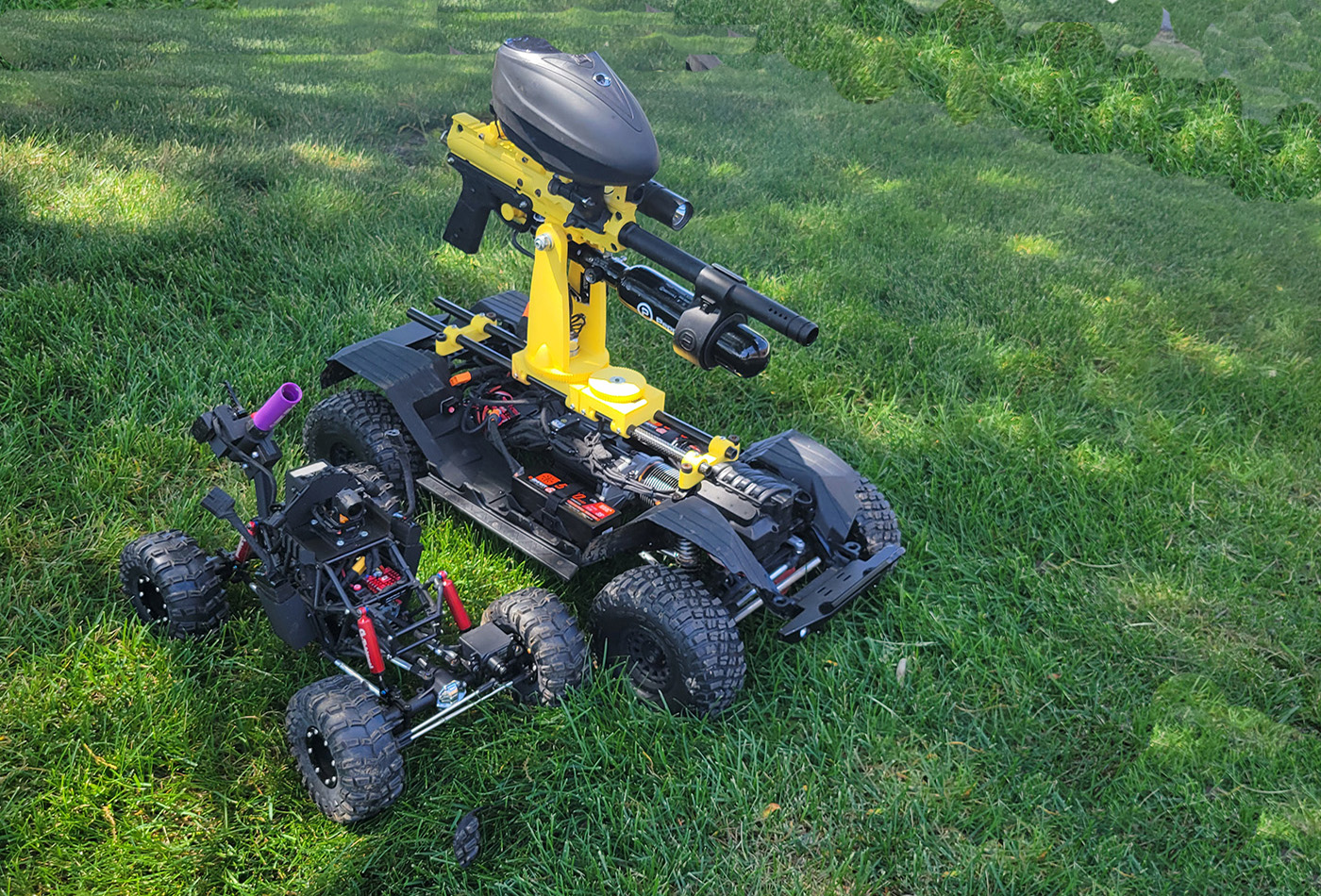Law enforcement training is essential to ensure that officers are equipped with the skills and knowledge they need to perform their duties effectively and safely. Training techniques for law enforcement have evolved over time, with a focus on developing officers who can handle a wide range of situations, from routine traffic stops to active shooter scenarios.
SCENARIO-BASED TRAINING
One of the most important techniques used in training law enforcement agencies is scenario-based training. This type of training involves officers participating in simulated situations that mimic real-life scenarios they may encounter on the job. As an example, the PepperBall Patrol Class offers a variety of scenario-based training situations that allow officers to practice their decision-making skills, tactics, and communication in a controlled environment.
FIREARMS TRAINING
Another important training technique used by law enforcement agencies is firearms training. This type of training focuses on developing officers' marksmanship skills, as well as their ability to safely handle and maintain firearms. This includes training on the use of non-lethal force options such as the PepperBall system and other less-lethal options such as Tasers, and specific munitions.
DE-ESCALATION TRAINING
De-escalation training is another key element in law enforcement training. This training teaches officers how to defuse potentially violent situations through verbal communication and body language. This type of training is particularly important in dealing with individuals who are mentally ill or under the influence of drugs or alcohol.
ADDITIONAL LAW ENFORCEMENT TRAINING
In addition to these specific training techniques, officers also receive training in other areas such as first aid, defensive driving, and cultural sensitivity. This training is designed to help officers better understand and serve the communities they work in, and to be able to respond to a wide range of situations.
ONGOING TRAINING
Finally, ongoing training is important to ensure that officers are up to date with the latest techniques, technologies, and best practices. This includes regular refresher courses, in-service training, and continuing education opportunities. Certain systems and manufacturers have guidelines around training certification; as a note, PepperBall training and certification should be refreshed every two years.
In conclusion, law enforcement training is essential to ensure that officers are equipped with the skills and knowledge they need to perform their duties effectively and safely. Scenario-based training, firearms training, de-escalation training, and other types of training are all critical elements of law enforcement education. Ongoing training is also important to ensure that officers are up to date with the latest techniques, technologies, and best practices.





